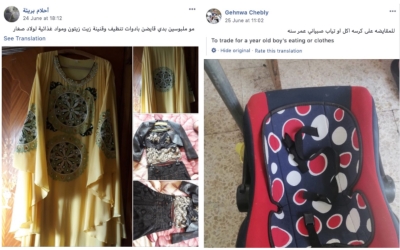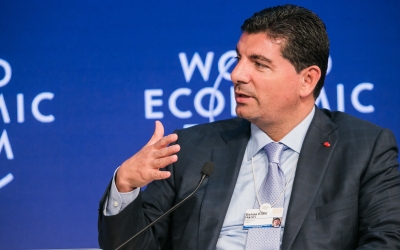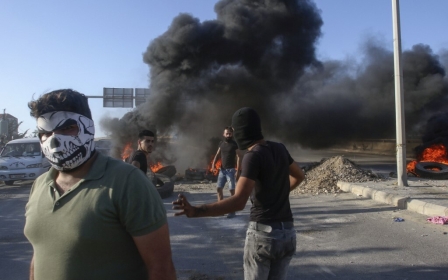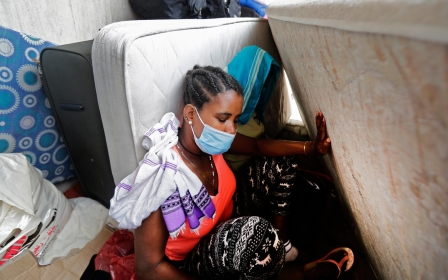Lebanese judge who issued media ban against US ambassador resigns
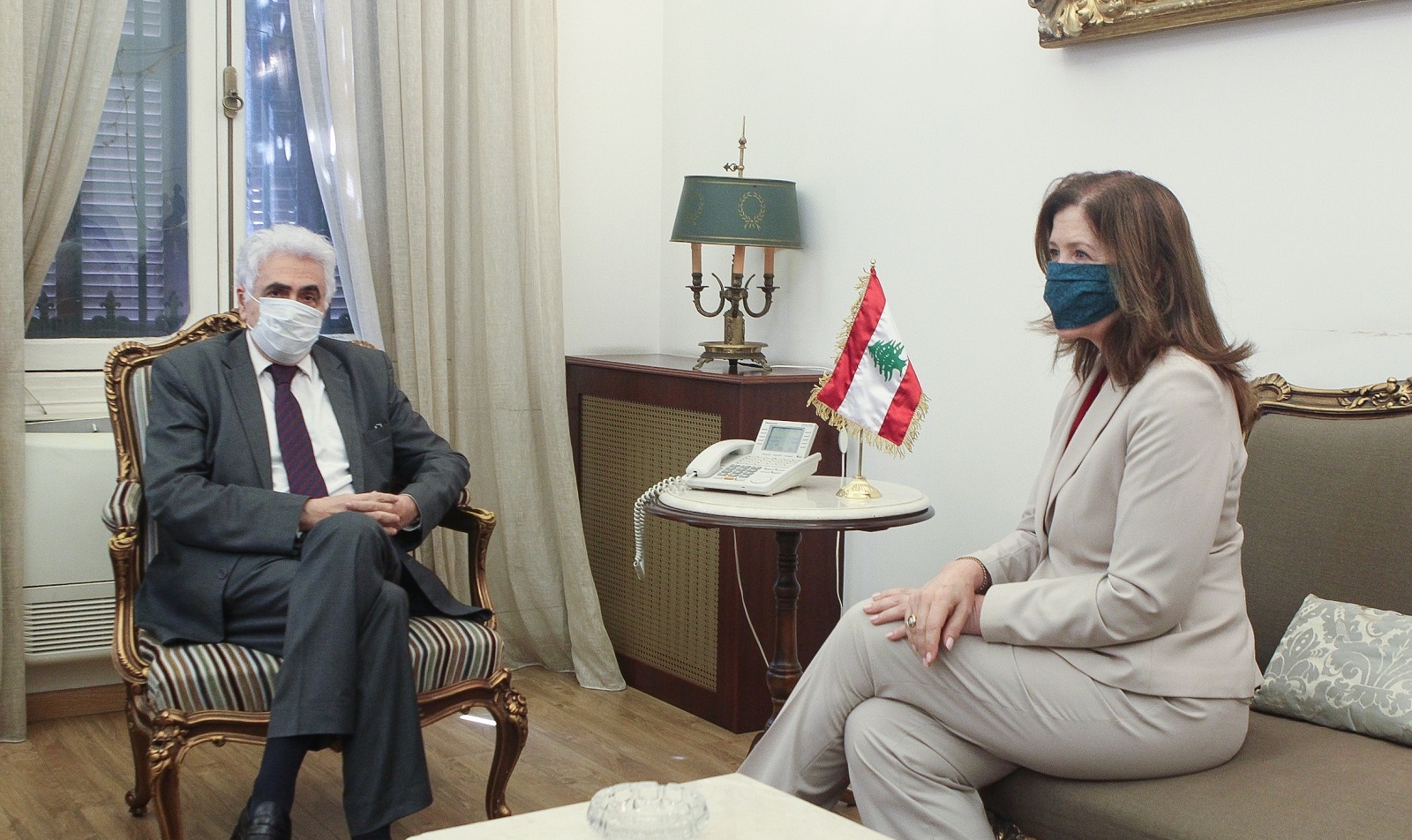
A Lebanese judge who issued a ruling banning local and foreign journalists from interviewing the US ambassador to Beirut submitted his resignation on Tuesday after he was referred to judicial inspection over the ruling.
Muhammad Mazeh, who served as a judge of urgent matters, stoked controversy when he issued the ban on Saturday, which critics said was illegal and "unenforceable".
Mazeh ruled that media outlets that report remarks by US ambassador Dorothy Shea, after she accused Hezbollah of "destabilising the country and jeopardising Lebanon's economic recovery", would face a $200,000-fine and a year-long suspension.
In an interview with the Saudi-owned Al-Hadath news channel last week, Shea criticised Hezbollah's leader Hassan Nasrallah saying that a recent speech by him was riddled in inaccuracies "blaming everything on the United States when we're Lebanon's biggest donor".
The US State Department was quick to condemn the ruling on Saturday.
"Hezbollah's attempt to silence the Lebanese media is pathetic," it said in a statement. "To even think to use the judiciary to silence freedom of speech and freedom of the press is ludicrous. We stand with the Lebanese people and against Hezbollah's censorship."
Shea denounced the ruling as well, vowing that her office will "not be silenced".
"I would suggest that we all try to put this chapter behind us," she told Lebanon's MTV on Sunday.
'Violation of the right to inform'
The decision, which critics say violates the Geneva Conventions on diplomatic immunity, showed the discord within the Lebanese government as several officials moved to vow that the state will not curtail media freedoms over Mazeh's decision.
Reporters Without Borders (RSF), a media freedom watchdog, condemned the ruling on Tuesday.
"This attempt by a judge to meddle in media affairs is a flagrant violation of the right to inform," Sabrina Bennoui, the head of RSF’s Middle East desk, said in a statement.
"In a country that is as rich in communities as Lebanon, and where pluralism is essential, the media must be able to cover all viewpoints, even those critical of a powerful political movement."
On Monday, Lebanon's Foreign Minister Nassif Hitti met with Shea after summoning her over her anti-Hezbollah remarks, but his office stressed that the freedom of speech and reporting are "sacred rights".
After the meeting, the ambassador framed the ruling as a "distraction" from Lebanon's domestic crisis. The controversy had come as Lebanon faces possible economic collapse amid rapid devaluation of currency and looming shortages of fuel and food.
The incident also raised questions about the independence of the judiciary, where judges are political appointees allocated in sectarian quotas.
In an interview with the Washington Post on Sunday, Mazeh, who is based in Tyre where most people support Hezbollah, rejected accusations that he was pressured to issue the ruling.
"Let’s assume someone called me to force me to go against my convictions, no matter who it may be," he was quoted as saying. "I would still never go against my convictions."
Middle East Eye delivers independent and unrivalled coverage and analysis of the Middle East, North Africa and beyond. To learn more about republishing this content and the associated fees, please fill out this form. More about MEE can be found here.


